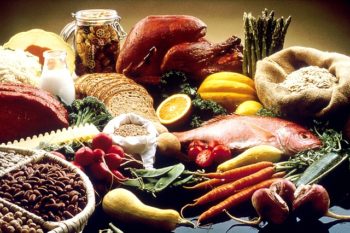 TIPS TO KEEP YOU SAFE
TIPS TO KEEP YOU SAFE
Hi everyone and Welcome to WHAT’S ON THE MENU MONDAY.
We’ve all heard a lot lately about GMOs – Genetically Modified Organisms. This is a subject that fills the news and the internet day after day. But, do you really know what GMO means and how it affects your health? Do you know whether or not they’re good for you or the planet?
To begin, Genetically Modified Organisms is a term that has been around for about twenty years. It refers to a plant, animal microorganism or other organism whose genetic makeup has been modified in a laboratory using genetic engineering or transgenic technology.
In other words, new and different combinations of animal and plant genes are created by science. These are genetic combinations that do not occur naturally in nature or through traditional crossbreeding methods. Rather, they occur in a laboratory.
Yet, humans actually have been performing a version of genetic modification for thousands of years through selective breeding. Ancient farmers experimented with maize – corn to us – and from a tough indigestible grain they created the juicy yellow kernels we enjoy today.
The goal of GMOs and genetic engineering is to alter the DNA of an organism quickly, without going through the long process of natural selection over many generations.
And for the most part, genetic engineering is designed to increase the desirable traits in an organism and decrease the negative traits.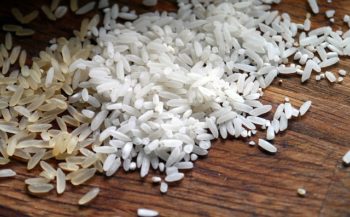
For example, ordinary rice can be modified to provide more vitamin A to prevent child mortality and blindness in third world countries. Wheat crops can be modified to produce greater yields to help alleviate famine and hunger in drought-stricken areas.
So, why is there so much outcry about GMOs? What’s up with all the controversy?
Well, first the controversy typically centers about GMO food products and whether they’re healthy for us and safe to eat. Now, experts say that our bodies don’t know the difference between natural foods and genetically modified foods.
The real problem may lie with the use of pesticides and herbicides. You see, many GM crops are altered to be resistant to bug-repelling substances. This could result in even more pesticides and herbicides being used on these crops to keep the bugs away. And, we don’t want to consume foods that have been contaminated by insecticides.
This, of course, is why many people choose to eat organically grown and produced food.
Accordingly, here are a few more tips to consider when you’re making your personal food choices or shopping for your family.
READ THE PLUs
On all grocery store produce you’ll find a sticker that’s known as a PLU. This sticker has a number on it and here’s what that number means:
- Organic produce has a five-digit code that begins with “9.”
- Conventionally grown produce has a four-digit code.
- GMO produce has a code that begins with “8.”
Also, look for the “USDA Certified Organic” or the “Non-GMO Project’s Product Verification” labels on your produce.
And if you don’t see a five-digit PLU beginning with “9”, assume the product is a GMO. More than ninety-percent of all soybean and corn grown in the United States is GMO and most food containing these products or derived from these products also is genetically modified.
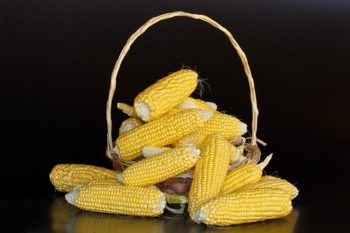 Finally, if you’re concerned with GMO foods here’s a list of products that you might want to avoid, or inspect carefully before buying.
Finally, if you’re concerned with GMO foods here’s a list of products that you might want to avoid, or inspect carefully before buying.
1) CORN. Nearly half of all U.S. farms grow genetically modified corn for corporate conglomerates. Corn remains one of the most highly modified products in the food chain.
2) ASPARTAME. This sweetener has come under scrutiny and is considered by many to be a toxic additive. It’s created with genetically modified bacteria.
3) SUGAR. Genetically modified sugar beets were introduced to the U.S. market about ten years ago. This produce has been modified to resist herbicides, which means these sugar beets may contain greater amounts of chemicals.
4) SOY. It’s estimated that about ninety-percent of soy manufactured in the U.S. also has been modified to resist herbicides. This product has even been modified to resist the product RoundUp, which is now considered a human carcinogen.
5) CANOLA. This product is known as one of the most chemically altered foods in the U.S. Canola oil is obtained from rapeseed through a series of chemical actions.
6) DAIRY. Many dairy products contain growth hormones as about one-fifth of all dairy cows in America have been raised with these hormones.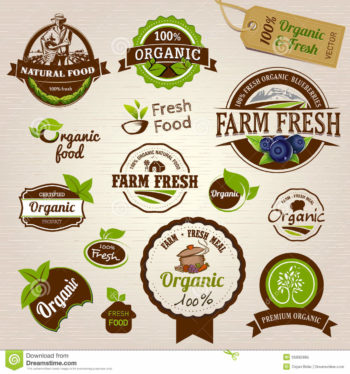
So, if these foods are a part of your daily diet, you may want to reconsider their use. Try substituting other products. Make sure you buy organic. Check the labels before you purchase.
We may not have a choice as to how our foods are now produced. But we always have a choice as to what foods we decide to purchase and consume.
Be informed. Exercise caution. Remain aware. And, you’ll go a long way in protecting yourself and your loved ones from unnecessary additives and chemicals in your daily diet.
In closing, thanks again for joining me everyone. Until next time, stay in GOOD HEALTH and . . .
TAKE THE COURSE AND TAKE CHARGE!

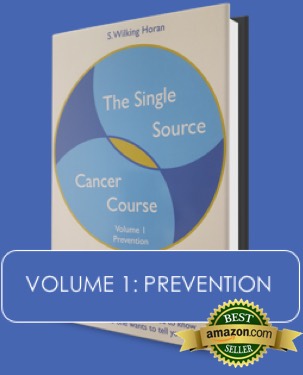

Leave a Comment